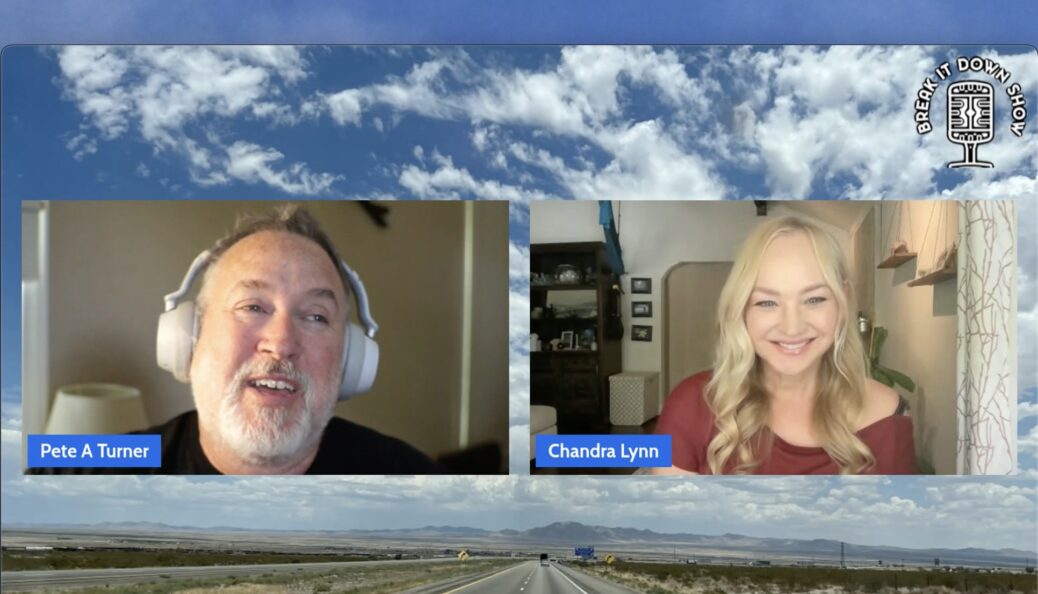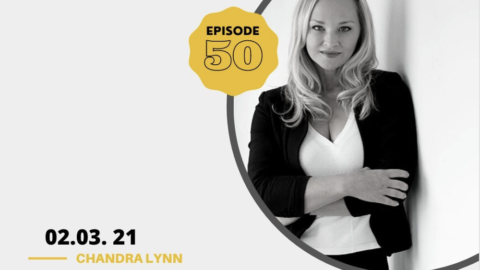Root-to-Rise Podcast Interview with Pete A. Turner
on the Break It Down Show Podcast
Recently, I had the privilege of returning to The Break It Down Show with my friend and host Pete A. Turner. We had an open-hearted conversation about life, loss, emotional resilience, and my new book, Root-to-Rise: How to Love Life. As we talked, something powerful came through—not only about the book itself, but also about the deeper questions it asks and the human truths we all navigate. In addition, we explored ways to cope with grief after suicide loss.
This post is for anyone who has felt stuck, questioned their path, or wondered if healing is truly possible. My hope is that it offers insight into Root-to-Rise and, at the same time, gives you permission to explore your own journey—one step, one root, one choice at a time.
Why I Wrote Root-to-Rise
Life isn’t easy, and most of us carry emotional wounds—some visible, others silent. Over the years, I’ve worked with global brands and top creatives in the music industry, witnessing both success and struggle. My work as a certified life coach revealed a deeper need.
We are craving grounding, clarity, and something real to hold onto when everything feels uncertain.
Root-to-Rise grew out of that need. Initially, it began as a course. Later, it evolved into a workshop. Eventually, it became a book and workbook—a roadmap for reconnecting with what matters most, creating emotional balance, and rising into your potential with intention.
The Three Questions That Change Everything
During the interview, I shared three guiding questions that shape the heart of the book:
-
What do you want?
-
Why do you want it?
-
What are you willing to do about it?
Although these questions may seem simple, answering them honestly can create massive shifts. Many people struggle to express what they truly want. Even fewer connect deeply with the why behind it. Furthermore, willingness often becomes the sticking point.
Why Willingness Is the Key to Breakthrough
You can read every self-help book on the shelf, take countless courses, and listen to hours of podcasts. However, unless you apply what you learn—unless you dig in and do the work—nothing changes.
Willingness isn’t about perfection. Instead, it’s about showing up consistently. It means asking hard questions, sitting with discomfort, and choosing growth over avoidance.
In Root-to-Rise, I offer more than ideas. Each chapter provides reflections, exercises, and strategies to strengthen the five core roots of life: Health, Family, Relationships, Career, and Friends.
Honoring the Hard Things
During our conversation, Pete and I opened up about grief, loss, and the emotional storms that shape us. We both know the pain of losing someone to suicide—and how that kind of loss can unravel your world while redefining your purpose.
When I lost my best friend of 40 years, I questioned everything. As a coach, I wondered what more I could have done. Even so, I also found clarity: This is why I write. This is why I teach. This is why I rise—to help others find hope in their darkest seasons.
Grief, especially after suicide loss, strips life down to what truly matters. Root-to-Rise is about rebuilding from that place—not with false positivity, but with depth, truth, and compassion.
What It Means to Truly Rise
To rise doesn’t mean “getting over it.” It’s not about bypassing pain or pretending everything is fine. It’s about rooting down to heal and build emotional strength. It involves aligning with your purpose, meeting your needs in healthy ways, and finding your unique path to fulfillment.
As Pete said during the episode: “Your legacy isn’t something you leave behind—it’s something you’re creating every day.”
Want to Start Your Journey?
Grab your copy of Root-to-Rise: How to Love Life (available in Kindle and print editions).
Take the free Hidden Forces Quiz to discover what emotional needs are silently shaping your choices.
You can also watch the full conversation with Pete on YouTube or visit The Break It Down Show website.
▶ Watch the episode: Break It Down Show Interview
Final Thoughts
You don’t need to be perfect—you just need to be willing. Be willing to pause, to reflect, to ask different questions. And most importantly, be willing to rise.









